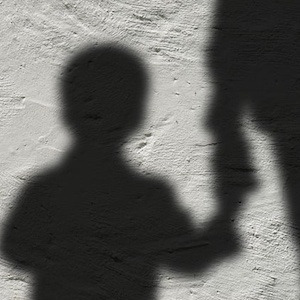Adolescents’ experiences of psychotherapy following child sexual abuse

Accepted: May 6, 2023
HTML: 97
All claims expressed in this article are solely those of the authors and do not necessarily represent those of their affiliated organizations, or those of the publisher, the editors and the reviewers. Any product that may be evaluated in this article or claim that may be made by its manufacturer is not guaranteed or endorsed by the publisher.
Authors
The aim of this study was to explore adolescents’ experiences of psychotherapy following sexual abuse, complementing those studies that focus on outcomes and measurement of symptom change across the course of therapy and building on recent studies that focus on the process of psychotherapy for young people who have experienced sexual abuse, from their perspective. Recent reviews have highlighted the need for tailored approaches to therapy. Research is needed that focuses on young people’s experiences of therapy to help develop such tailored approaches. In this study, 16 young people aged 15-18 years who were attending specialist sexual violence therapeutic services were interviewed. Using thematic analysis, six themes were identified as reflecting their experiences of therapy following sexual abuse. Young people spoke of not wanting to attend; the importance of choice and not feeling pressured in both initially attending and in how the therapy unfolded; how helpful it was to talk; the centrality of the relationship with their therapist; the benefit of attending a specialist service; how helpful it was when the therapist explained things; and finally, the coping skills they learned in the therapeutic work. A key learning from the study is the importance of respecting young people's autonomy following such violations of trust and psychological integrity. The study highlights how engagement in therapy may be experienced as a re-enactment of an experience that was forced on the young person. Further qualitative research exploring this phenomenon could guide therapists on how to minimise such re-enactments in therapeutic work.
Supporting Agencies
Tusla Child and Family AgencyAndrina Monaghan is a psychotherapist and was working as a research assistant in Dublin City University at the time of this study.
Christina Treacy is a psychotherapist who was working as a research assistant in Dublin City University at the time of this study.
Naoise Delaney is an educational psychologist in training who was working as a research assistant in Dublin City University at the time of this study.
How to Cite

This work is licensed under a Creative Commons Attribution-NonCommercial 4.0 International License.
PAGEPress has chosen to apply the Creative Commons Attribution NonCommercial 4.0 International License (CC BY-NC 4.0) to all manuscripts to be published.
Similar Articles
- Elsa Ronningstam, Mark Schechter, Benjamin Herbstman, Mark Goldbalatt, Chronic suicidal ideations: a risk or a protection , Research in Psychotherapy: Psychopathology, Process and Outcome: Online Advance Publication
You may also start an advanced similarity search for this article.

 https://doi.org/10.4081/ripppo.2023.630
https://doi.org/10.4081/ripppo.2023.630




